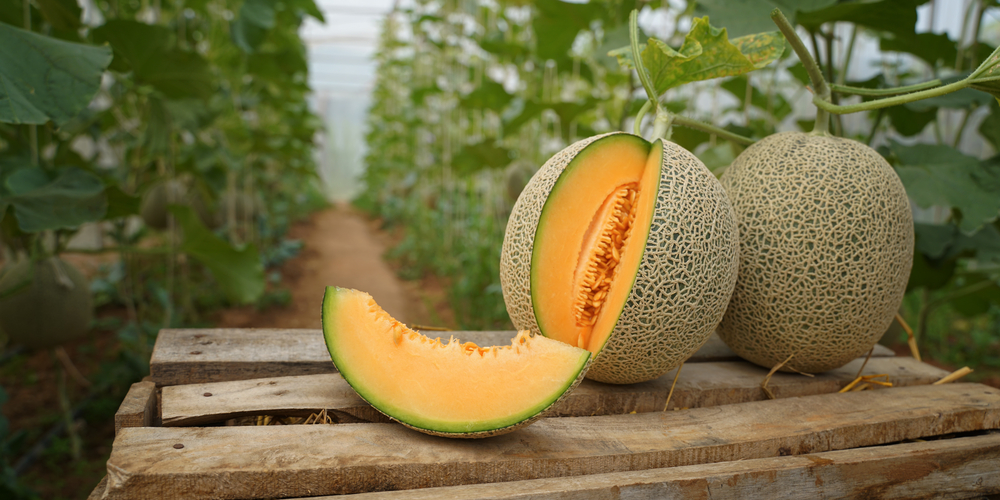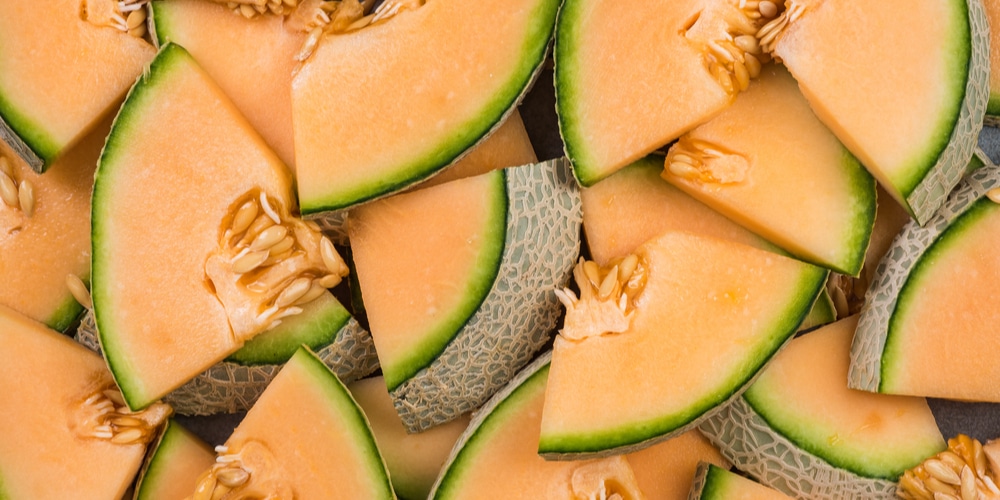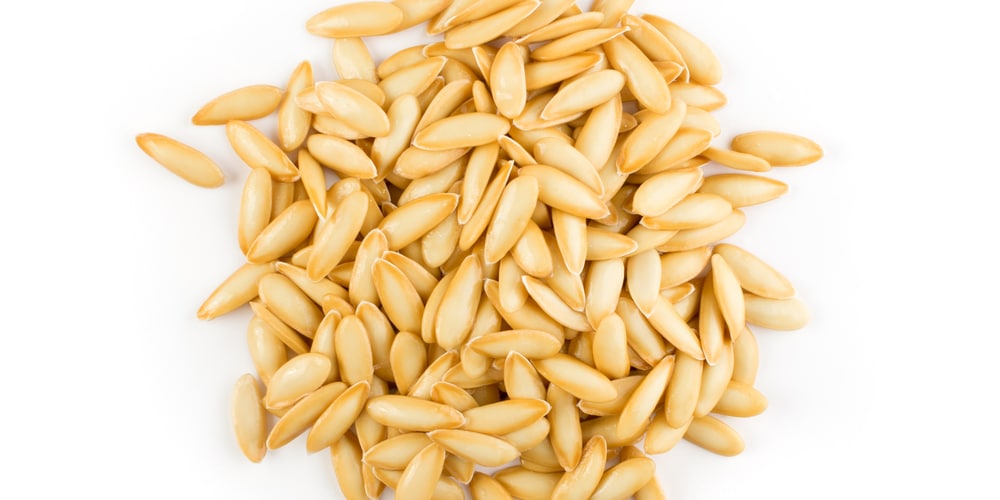Do you have a canteloupe that is starting to turn ripe? Are you wondering, how to save cantaloupe seeds?
Instead of throwing away the seeds, why not save them so you can plant them next year? Saving and storing canteloupe seeds is a great way to get free plants for your garden.
Melon Or Cantaloupe

Summertime is the perfect season to enjoy a refreshing slice of melon. But what exactly is melon, and how does it differ from cantaloupe? Both melon and cantaloupe are members of the Cucurbitaceae family, including cucumbers and squash.
Melon can refer to several different fruits, including watermelon, honeydew, and muskmelon. Cantaloupe, on the other hand, is a specific type of muskmelon.
Muskmelons are further divided into two categories: netted and smooth. Cantaloupes belong to the netted category, which also includes honeydews. Netted muskmelons have a distinctive network of lines on their surface, whereas smooth muskmelons are completely smooth.
Cantaloupes also tend to be smaller and rounder than other types of melon. Whether you call it melon or cantaloupe, this delicious fruit will add some sweetness to your summertime meals.
How to Save Cantaloupe Seeds?
Before anything, make sure that the cantaloupe did not come from a grocery store. The seeds of these cantaloupes have been bred not to germinate, so you will not be able to grow them. Instead, look for a cantaloupe at a farmer’s market or pick your farm.
Wait until it is fully ripe before collecting the seeds when you have found a suitable cantaloupe. You can tell that cantaloupe is ripe when soft to the touch and has a strong, sweet smell. Cut it in half and scoop out the seeds once you have determined that your cantaloupe is ripe.
Rinsing and Drying Cantaloupe Seeds
Once you have collected the seeds, it is time to rinse and dry them. Start by rinsing the seeds in a colander with cool water. Next, spread the seeds out on a paper towel and allow them to air dry for 24 hours.
Storing Cantaloupe Seeds
Once the seeds are dry, you can store them in several ways. One option is to place the seeds in an envelope or baggie and store them in a cool, dark place such as a pantry or closet. Another option is to store the seeds in the refrigerator. Whichever storage method you choose, label the envelope or baggie with the date and type of cantaloupe.
Planting Cantaloupe Seeds
When ready to plant your cantaloupe seeds, fill a seed starting tray with potting mix and moisten it with water. Next, sow the seeds about ½ inch deep and cover them with additional potting mix. Water the seedlings regularly and provide them with plenty of light. Once the seedlings have sprouted, thin them out so that only the strongest plants remain.
Cantaloupe seeds typically take between five and seven days to germinate. However, some varieties may take up to two weeks to sprout. When transplanting your cantaloupes, be sure to wait until all danger of frost has passed. Cantaloupes are warm-weather plants and will not tolerate cold temperatures.
What Else Can You Do With Cantaloupe Seeds
Although cantaloupe seeds are most commonly used for planting, there are several other ways to utilize these nutrient-rich seeds. These seeds are a nutritional powerhouse packed with vitamins, minerals, and antioxidants. They can also be used in various ways, from making cantaloupe seed butter to Cantaloupe Seed Tea. Here are some ideas for what to do with cantaloupe seeds:
- Toast the seeds and use them as a crunchy topping on salads or soups.
- Add them to smoothies or homemade energy bars to boost nutrients.
- Make Cantaloupe Seed Tea by simmering the seeds in water for 10 minutes. Strain the mixture and sweeten to taste.
- Grind the seeds into a powder and use it as a natural insecticide.
- Roast the seeds and use them as a healthy snack. Season with salt, pepper, or your favorite spices.
Conclusion
With a little patience and care, you can easily save and store cantaloupe seeds from a ripe cantaloupe. You’ll have plenty of seeds on hand to plant in your garden next year. And who knows, you’ll even end up with a bumper crop of cantaloupes!
Related Article: Are Cucumbers Melons?

